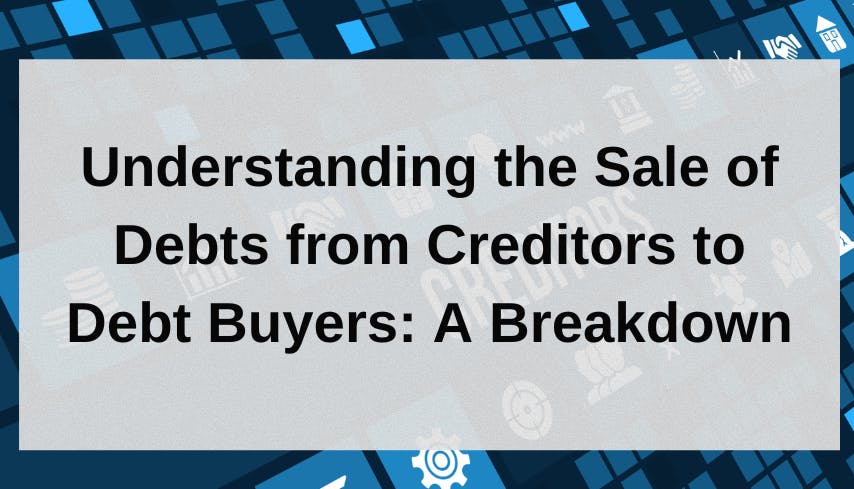Share
Explore

Sell your Commercial Defaulted Accounts
Are you looking to sell your commercial debt?
Selling Delinquent Accounts to a Debt Collection Agency
The Process of Selling Debt to a Collection Agency: Understanding the Consequences and Options

Creditors Sell Debts to Debt Buyers - What you need to know!
Placing vs. Selling Your Commercial Accounts to a Debt Collection Agency
Exploring the Changes in the Commercial Debt Market: Buying and Selling in an Evolving Industry
Approaches to Selling Non-Performing Paper: Strategies for Debt Sellers & Debt Collectors
Effective Strategies for Partnering with Commercial Debt Buyers: A Guide for Sellers
Want to print your doc?
This is not the way.
This is not the way.

Try clicking the ⋯ next to your doc name or using a keyboard shortcut (
CtrlP
) instead.